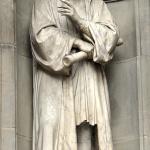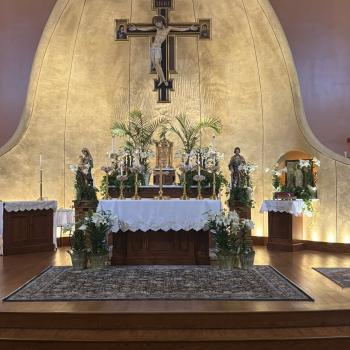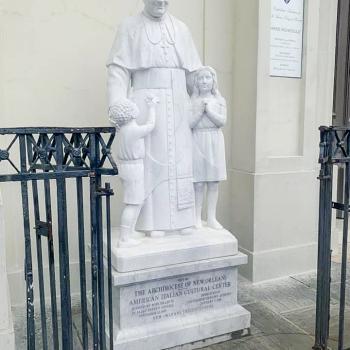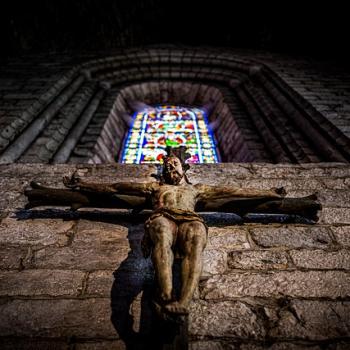
Since the opening ceremony of the 2024 Paris Olympics, there has been no shortage of conversation surrounding one particular scene: drag queens and dancers at a table that became a catwalk. Many Christians stood on both sides of the coin: was it a mockery of our Lord at the Last Supper or was it the feast of Dionysus? Why should Dionysus or religion matter to the Olympics anyway? That answer can be found in history. Although primarily for their god Zeus, the original ancient Olympics became a melting pot of religious worship.
Religious History of the Olympics
Olympia, after which the Olympic Games takes their name, was a sacred religious site in ancient Greece which showcased a colossal statue of Zeus. This statue was listed as one of the Seven Wonders of the World. While sport was important to the ancient Greeks, religion was much more so and featured prominently in and around the games.
According to the International Olympic Committee, the worship of Zeus came to Olympia around 1200 BC while proving his ascension by throwing a thunderbolt into the ground. The site for these games began in a holy sanctuary around 776 BC eventually moving to the stadium we are more familiar with. Although Zeus was very important, there were around 70 altars set up for sacrifices to various deities for this polytheistic culture-could the ancient Greeks have coined the term “religious inclusion?”
Many early cultures expressed a polytheistic belief (many gods, not one god) and attributed everything from the creation of the world to the status of their crops to various deities. These varying gods were mostly distant and for the most part, punished the unfaithful. There were various rituals, temples and altars with sacrifices that were offered up to “appease” them particularly in times of war.
Current Religious Representation at the Olympics
The current Olympics Games boasted around 120 chaplains present from various religious backgrounds. Catholic, Orthodox, Protestant, Judaism, Muslim, Hindu and Buddhist representation are among those included. One program from the Catholic Church in France is known as the “Holy Games” outreach. According to their website, translated from French to English, “Holy Games is a call to holiness through sport. This is a reminder that sport is a GAME at the service of the person, his dignity and the common good. It is therefore the hope that the Church carries with holy, missionary and solidarity games!”
The Catholic Church is one of many that would likely not use the word “inclusive,” rather we often speak of ecumenism. The foundation of this comes from the rift beginning with the schism in the East and culminating in the Protestant Reformation. Ecumenism is a recognition; an understanding. In the Catechism of the Catholic Church paragraph 818, it is spoken of in this way:
“However, one cannot charge with the sin of the separation those who at present are
born into these communities [that resulted from such separation] and in them are
brought up in the faith of Christ, and the Catholic Church accepts them with respect and
affection as brothers…”
What is the Outcome?
So what is one to make of all of this talk? Pope Francis called it deplorable to Christians as well as other religions and the Grand Imam Al-Ahzar of the Sunni Islamic tradition said it “portrayed Jesus Christ in an offensive image.” Should we expect any less from the entertainment industry? Should we hold them to the same moral standards as our own faith traditions? Maybe this is something bigger than entertainment for entertainment’s sake: perhaps it is what some would call sacrilege which stirred up righteous holy anger in them. After all, the Olympics began as a religious ceremony from its very inception.














